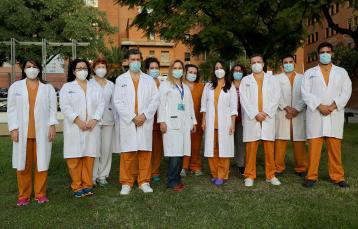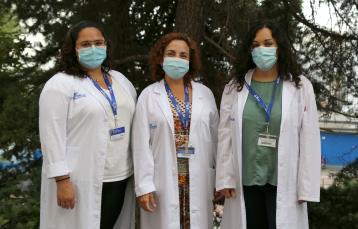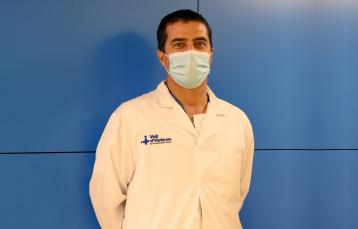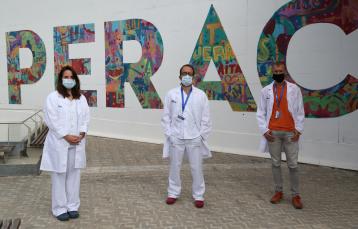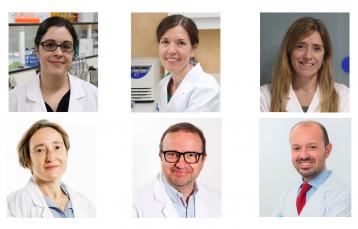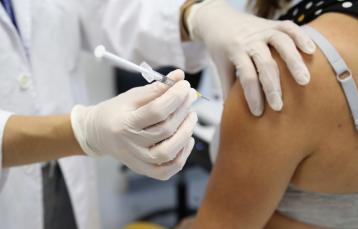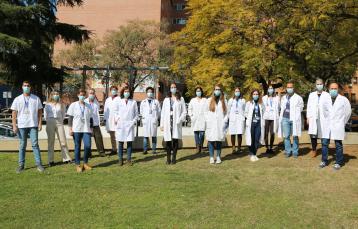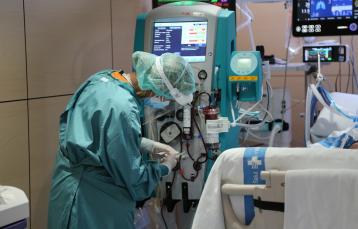Vall d’Hebron shows that ECMO can save the life of the most severe COVID-19 patients
Comparteix aquest contingut
Related professionals
Dr. Jordi
Riera del Brío
Riera del Brío
Dr. Jordi
Riera del Brío
Riera del Brío
Dr. Ricard
Ferrer Roca
Ferrer Roca
Dr. Ricard
Ferrer Roca
Ferrer Roca
Sra. Pilar
Giron Espot
Giron Espot
Sra. Pilar
Giron Espot
Giron Espot
Dr. Álvaro
García Del Campo
García Del Campo
Dr. Álvaro
García Del Campo
García Del Campo
Dr. Juan Carlos
Ruiz Rodríguez
Ruiz Rodríguez
Dr. Juan Carlos
Ruiz Rodríguez
Ruiz Rodríguez
Dr. Marcos
Pérez Carrasco
Pérez Carrasco
Dr. Marcos
Pérez Carrasco
Pérez Carrasco
Sra. Tatiana
Acero Bailen
Acero Bailen
Sr. Cristian
Torres Salguero
Torres Salguero
Sr. Cristian
Torres Salguero
Torres Salguero
News and events











